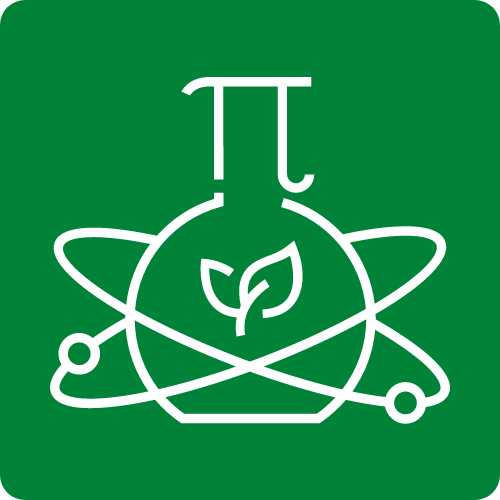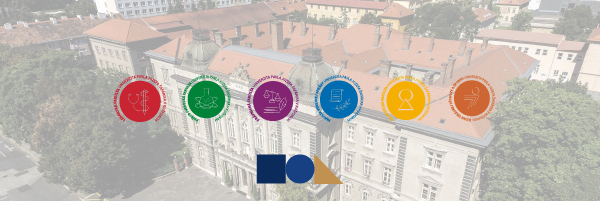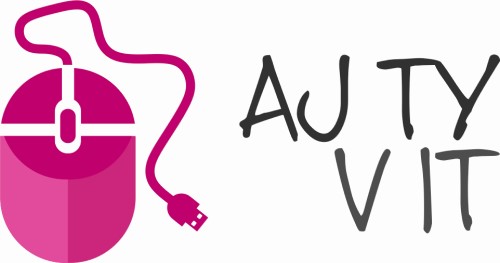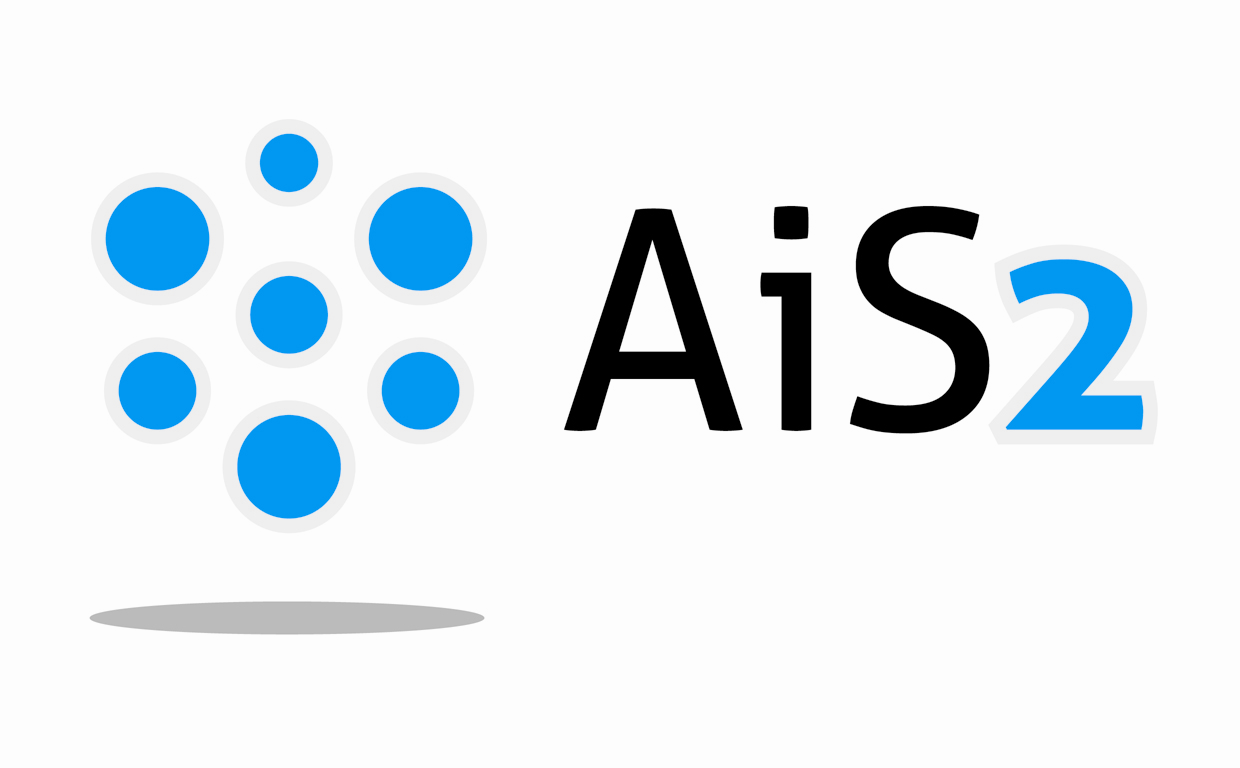PAVOL JOZEF ŠAFÁRIK UNIVERSITY, FACULTY OF SCIENCE
BRIEF INTRODUCTION
| Mail Addres: | Univerzita Pavla Jozefa Šafárika Prírodovedecká fakulta Šrobárova 2 SK – 041 54 Košice Slovak Republic |
| Homepage: | http://www.science.upjs.sk |
| E-mail address: | pfsekret@upjs.sk |
| Telephone: | +421-55-2342181 |
The Faculty of Science of the P. J. Šafárik University in Košice was founded in 1963 and during its existence it has educated more than 6 000 graduates of both, joint and single degree study in all branches of science. In the frame of generally accepted model 3-2-4(3) the Faculty provides the Bachelor´s, Magister´s (Master´s) and Doctoral degree study.
The higher education at the Faculty of Science is provided on a research background closely interacting with domestic and foreign scientific and educational institutions. Up to 60 percent of its scientific outputs are made within this co-operation. The research in the field of biology and ecology is oriented on study of biodiversity of plants and animals, biotechnology of medicinal plants, cancerogenesis, prevention and cancer therapy; in geography on relief evolution and landscape development of the Slovak Karst and Košice region; in chemistry on synthesis and properties of new compounds as biologically active species and new materials with biological activity; in informatics on fuzzy techniques, neural networks and logical programming; in mathematics on graph theory, algebraic structures, differential equations and topology; in physics on development of new magnetic materials, theoretical and experimental research of low-dimensional magnetism and quantum liquids at ultra-low temperatures, nuclear collision studies and photo-dynamic effect.
The graduates of the Faculty find employment not only as researchers and secondary schools teachers but also adapt in the business sphere and public administration.
The Faculty offers the following degree studies:
-
Bachelor’s study is provided in Biology, General Ecology, Geography, Physics, Informatics, Chemistry and Mathematics. The study takes 3 years in the following study programs:
Biology
Graduates have knowledge of basic biology. They are able to solve the tasks of biological research as well as practical problems in applied biology. They possess skills to perform basic methods of research of living systems at different levels of their organization (molecules, cells, organisms). They have knowledge from several chemical, physical and mathematical sciences. They are prepared for master degree of study.
Chemistry
Graduate is able to solve some problems of chemical research as well as practical tasks of applied chemistry. He/she possess knowledge and skills in basic research methods, development and analysis of chemical substances, pharmaceuticals and materials, and information technology. He/she is prepared to study the master degree of chemistry.
General Ecology
Graduate should understand fundamental questions of mutual relations among abiotic and biotic components of ecosystems on the basis of biological, chemical, geographical, protectional and landscape management aspects of environment. He/she is capable to identify anthropogenic influences on environment and should suggest appropriate protection and formation of the environment. Graduate should be prepared for the magister degree study of general ecology.
Landscape Structure and Its Transformation
A graduate masters the fundamentals of Physical Geography and accompanying disciplines: Geology, Meteorology and Climatology, Hydrology and Pedology to understand the basic processes in the natural landscape. They also master the basic cartographical methods, GIS and remote sensing. They can apply the Physical Geography on regions of different scale. Within Human Geography the graduate will be provided with knowledge of Geography of Population, Geography of Settlements, Geography of Agriculture and Industry, Geography of Transport and Tourism with the application to the regions of Slovakia.
The graduate can be employed in the institutions of landscape and nature protection, travel and tourism, in state government and self-government bodies.
Informatics
The graduate has obtained the knowledge in theoretical background in informatics, operating systems, data structures, algorithmization and programming languages, analysis, design, implementation and management of software systems, as well as architecture and maintenance of computer networks. The graduate obtained the basic knowledge in law and economics with relation to software systems. He is prepared to work in teams and is capable of cooperation with experts in other areas. He is also prepared for master degree study in informatics or similar study programs.
Mathematics
A graduate is capable of independent work with professional texts and is able to apply acquired theoretical knowledge and numerous abilities and skills in solving partial tasks of mathematical model analysis. The graduates are prepared for their master studies of mathematics.
Physics
The graduate is able to carry out undemanding experiments, to solve some basic physical assignments and apply physical laws into other areas of human activities. He/she is able to carry out complex mathematical calculations and programming. He/she has good knowledge how to operate different measuring and technological devices. He/she is well-prepared for the master degree study in physics.
Geography
The graduate is capable of presenting contemporary problems of geography and geospatial aspects of landscape management, possibilities of solutions to conflicts of interest of environment protection and requirements of human society, collaborating with team of specialists of solving landscape management problems. The graduate is capable of self-education and systematic enhancement of his or her profile following innovations in geography and cartography.The graduate has standard skills of team management and communication in foreign language.Joint (two-subjects) Programs
A graduate has a basic knowledge both of subjects. He/she is able to solve some research problems and practical tasks. He/she handles a standard ICT and knows to use it in your domains. He/she is prepared to study of teaching of the academic subjects or of the one-subject study.After the successfully completed bachelor exam the student obtains the degree of “Bachelor”.
-
Magister’s study (equivalent to Master’s study) is provided in the following study programs:
Analytical Chemistry
Graduate is able independently to solve problems in the field of chemical analysis and to utilize his knowledge in research and industrial laboratories as well as in monitoring and protecting the environment.
Biochemistry
Graduate is able to solve biochemical problems in connection with other chemical disciplines, he/she has laboratory skilfulness for biochemical methods, and he independently organizes biochemical research and research in pharmaceutical chemistry, molecular biology, molecular medicine, virology, biotechnology and other similar disciplines.
Bioorganic Chemistry
Graduates have knowledge of modern organic chemistry and structure-property relationships with an orientation to biological activity. They are able to apply their acquired knowledge in related disciplines and industry.
Chemistry
Graduate is able to solve the problems in the field of chemistry alone or in a team. Graduate can be employed in research laboratories, in chemical, food processing and pharmaceutical industry, medicine, agriculture and in environmental protection.
Inorganic Chemistry
Graduate is able independently or as a member of the research team to solve routine problems of inorganic and coordination chemistry. He/she is able to use his knowledge of inorganic chemistry in other areas of human activities, to create models of processes following the demands of practices.
Organic Chemistry
Graduate is able to understand study theories, methods and progress in Chemistry. He/she is able to realize organic synthesis, to separate and clean products, to identify their structure by means of spectral methods and to independently realize research in organic chemistry.Botany and Plant Physiology
The graduate has a good theoretical knowledge in biological sciences, especially in botany and plant physiology as well as basic methodical abilities for research in biological laboratories or in landscape.
Cell and Molecular Biology and Genetics
Graduates are capable of creative and independent solving of tasks in biological research as well as practical problems in applied biological science; they possess theoretical knowledge and experimental skills for research of living systems at different levels of their organization.
Zoology and Animal Physiology
The graduate is eligible for creative and independent solution of biological research problems, as well as tasks of applicated biology. He/she acquired the knowledge and skills in methods of study of living systems on various levels of their complexity.
General Ecology
Graduate of this program has common knowledge of ecological phenomena in the environment, and is aware of the influence which affected-both positively and negatively these phenomena. He is capable to identify and to interpret interactions in the environment (water, air soil and its surface), which is gained throughout diploma theses.
Geography and geoinformatics
Master degree is aimed at theoretical and methodological aspects of geography and geoinformatics. Single-specialisation study is open to all students having graduated from geography also at another universities of either single-specialisation or double-specialisation studies. Graduates of single Geography and Geoinformatics are experts in physical geography, human and regional geography and in geoinformatics.
Informatics
The graduate has deep knowledge in theoretical background and practical experience in key areas of informatics. Moreover, he/she has obtained skills in methodology and implementation of complex computer and software systems. He/she is prepared to work in teams and creative application of his knowledge. In accordance with his specialization, he has obtained specific knowledge in one of the following areas: Information and knowledge systems, theoretical informatics, neural networks, computer network security, or medical informatics.
Informatical Mathematics
A graduate has a basic knowledge of informatics and a sufficiently deep knowledge of mathematical disciplines that serve to the development of informatics. He/she is able to master the knowledge on the border between mathematics and informatics and to approach problems in a creative way.
Mathematics of Economics and Finance
The graduate has acquired deep knowledge in the basic mathematical methods applied in economics, finance and insurance. He can propose and solve mathematical models of various situations, as a member of a team as well as independently.
Managerial Mathematics
The graduate is able to apply exact mathematical methods in the area of management and control of complex systems. He/she is able to create theoretical models of real processes and, on their basis, to propose optimal solutions.
Mathematics
Graduates understand theories, methods and procedures of mathematics very deeply. They have a broad view of mathematical spheres, not only in discrete, but also in continuous mathematics.
Biophysics
The graduate is provided with the basis of the methodology in science and scientific problem formulation. He/she is familiar with the scientific methods in the field of research and development in physics that he is able to apply in solving different problems in different areas of natural sciences.
Physics
The graduate is provided with theoretical and experimental knowledge in classical and quantum physics, computer and mathematical physics, astronomy and astrophysics and matter physics. He/she is able to carry out up-to-date calculus methods, programming and the use of computers in experiments automatization.
Physics of Condensed Matter
The graduate is able to solve research tasks at different basic and applied research institutions in the field of condensed matter – mainly in the field of magnetism, law temperature physics and physics of metals. The graduate can also work as a computer programmer.
Nuclear and Subnuclear Physics
The graduate is able to solve research tasks at different basic and applied research institutions in the field of nuclear and subnuclear physics. The graduate can also work as a computer programmer.
Teaching of Academic Subjects
Joint (two-subject) teachers´ preparation programs in following subjects combination: Biology, Chemistry, Geography, Mathematics, Physics and Informatics. Graduates assert themselves as teachers at primary and secondary schools of all types. They can also work at universities, scientific and research academies and computational labs. They become professionals in using of modern didactical and informational technologies.The study takes 2 years. It is finished with a state final exam and the submission of a thesis. Graduates obtain the degree of “Magister”.
- Doctoral study’s (PhD.) ambition is to provide a stream of specialized and highly trained researchers able to undertake basic as well as applied research and development. The study is carried out in the following study programs:
Biology and Ecology:- Animal Physiology
- Genetics
- Molecular Cytology
- Plant Physiology
- General Ecology
Physics:
- Astrophysics
- Biophysics
- Condensed Matter Physics
- Theoretical Physics
- Nuclear and Sub-nuclear Physics
- Modern Materials
- Theory of Physics Teaching
Geoinformatics and Remote Sensing
Chemistry:- Analytical Chemistry
- Biochemistry
- Inorganic Chemistry
- Organic Chemistrys
- Physical Chemistry
Informatics
Mathematics:- Applied Mathematics
- Discrete Mathematics
- Theory of Mathematics Teaching
-
Internal form of the study takes generally 4 years (except for Theory of Teaching of Mathematics where study takes only 3 years) and external form 5 years. For obtaining the degree of “Philosophiae doctor – PhD.” passing some special exams and submission of a doctoral thesis is necessary.
Doctoral students are supervised by individuals with high national and international reputations in their research field and receive an excellent research training as a result. Doctoral students participate in research activities as well as in teaching.ADMISSION
To be admitted to the Bachelor and Magister’s programs, the candidates are required to have completed secondary education. The application forms have to be reached to Faculty with the administration fee (app. 30 EURO) not later than on February 28. The study of exchange students (ERAZMUS, CEEPUS, etc.) is ruled by special conditions and the candidates should contact the International Relations and Scientific Research Office on time.
All the courses within the Bachelor and Magister’s programs are parallel taught in English only for more than five no Slovak speaking students on study program. Admission to a postgraduate program is a subject of satisfactory completion of the graduate degree at the Master of Science level.
The tuition per each academic year – 2 semesters is 8 000 EURO for foreign students (self-payers).









